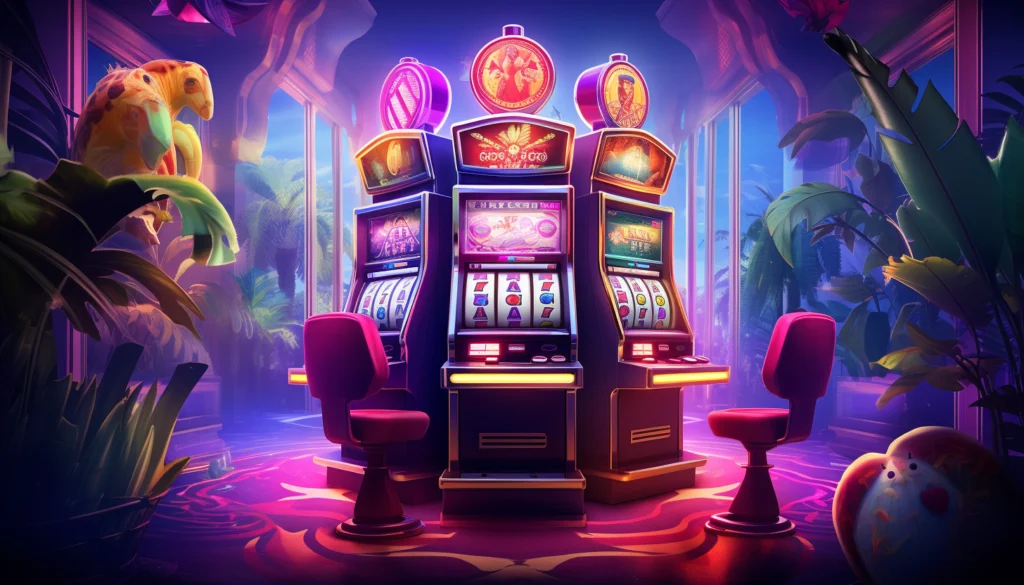
Understanding Player Choices in Gaming: A Psychological Approach
Video games are intricate ecosystems driven by player choices. From navigating sprawling open worlds to picking dialogue options, Spaceman Slot these decisions shape the narrative, gameplay experience, and ultimately, the player’s enjoyment. But what compels us to make the choices we do within the virtual realm? Understanding player psychology sheds light on these motivations.
Motivational Drives:
One key aspect lies in core psychological drives. Players are motivated by a desire for competence and achievement. Overcoming challenges, acquiring skills, and progressing through the game fuel a sense of accomplishment. This is why games often implement reward systems, positive reinforcement for navigating obstacles and achieving goals.
Personality and Identity Exploration:
Games also provide a platform for identity exploration. Stepping into the shoes of an avatar allows players to experiment with different personalities, moralities, and approaches to problems. This can be particularly appealing for individuals who crave experiences outside their social norms. Do you play as the stoic hero or the mischievous rogue? These choices paint a picture of the player’s desired persona within the game world.
Social Connection and Competition:
The social aspect of gaming is another powerful motivator. Choices made in multiplayer games can foster cooperation or competition. Players might prioritize teamwork to achieve a common goal or engage in strategic battles for dominance. These interactions tap into fundamental human needs for connection and social standing.
Emotional Response and Immersion:
Furthermore, player choices are fueled by the desire to evoke specific emotions. A player might choose a violent path for the thrill of conquest, or a compassionate route to experience a heartwarming narrative. The game’s design, including music, visuals, and storytelling, all play a role in shaping the emotional rollercoaster players experience through their choices.
Understanding these psychological factors allows game developers to craft more engaging and impactful experiences. By incorporating MAUSLOT elements that cater to core drives, identity exploration, social desires, and emotional responses, developers can create games that resonate deeply with players. Ultimately, player choice is not just a gameplay mechanic, it’s a window into the human mind, motivation, and desire for a meaningful virtual experience.